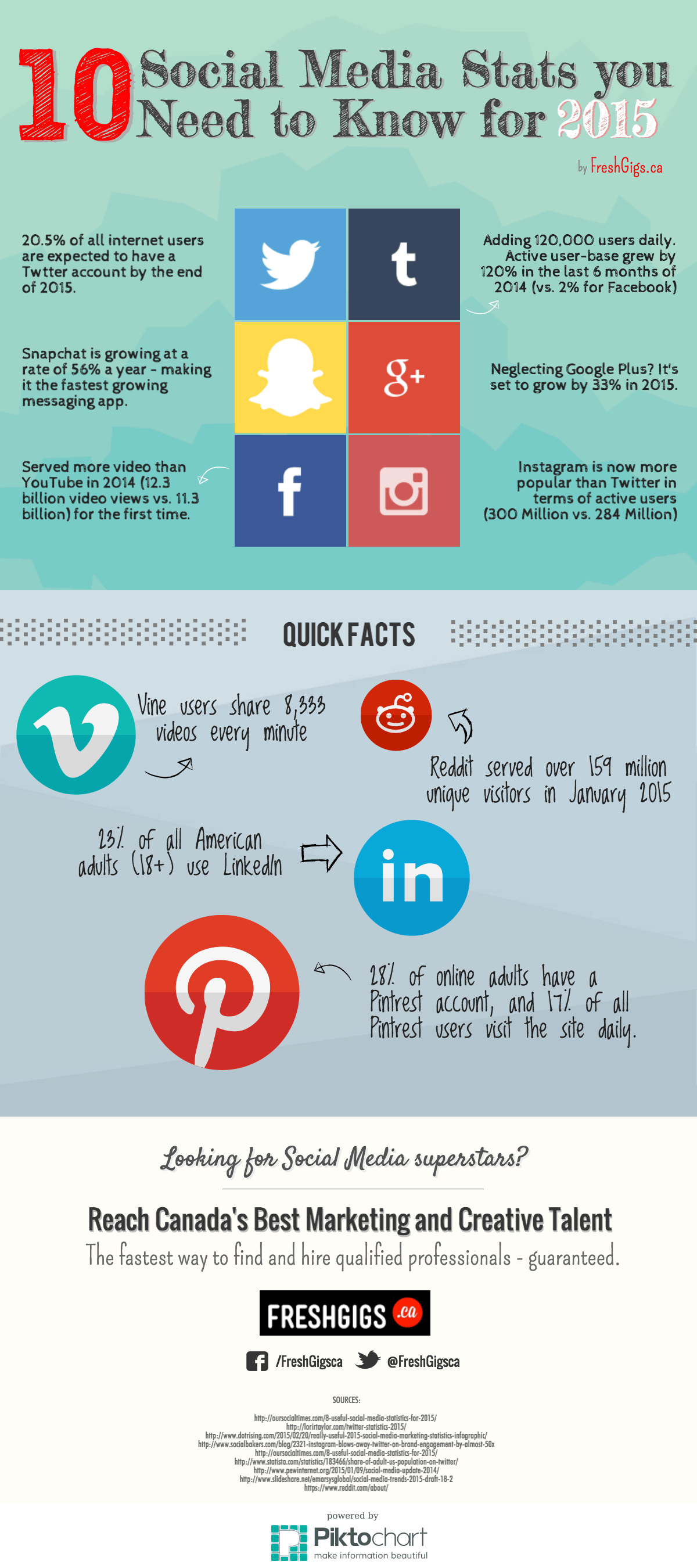
We’re four weeks into 2015—how are your resolutions holding up?
The running joke when people create resolutions is wondering out-loud how soon in the year the resolutions will be broken. Beyond New Year, people make decisions everyday about chasing goals or improving lifestyles, but even the smallest of ideas tends to fizzle out upon first sight of a potential roadblock.
Reaching your goals doesn’t happen unless you’re willing to make sacrifices
One of the biggest reasons people don’t see their ideas and goals come to fruition is due to the perceived roadblock of not having enough time. The fact is, “I don’t have time” is a simply a lazy excuse. People now have unprecedented access to tools that suit all budgets and that can be used nearly anywhere— everything you need is at your disposal. Here are a few things to consider if you’ve ever hidden behind the “time” excuse:
Maybe You Really Don’t Have the Time
Here’s the thing: there are 168 hours in the week. The time is there; it’s just a matter of what you do with it.
Becoming a better writer doesn’t mean writing a novel in a week—it means baby steps and gradually hitting milestones. All you need is 10 minutes a day, and you can find the opportunities everywhere: wake up 10 minutes earlier in the morning or go to sleep 10 minutes later at night, practice writing during your lunch break, practice writing on the train during your commute home. The same approach applies to nearly anything you want to achieve—you just need to undercover these small opportunities for free time throughout the day and take advantage of them.









